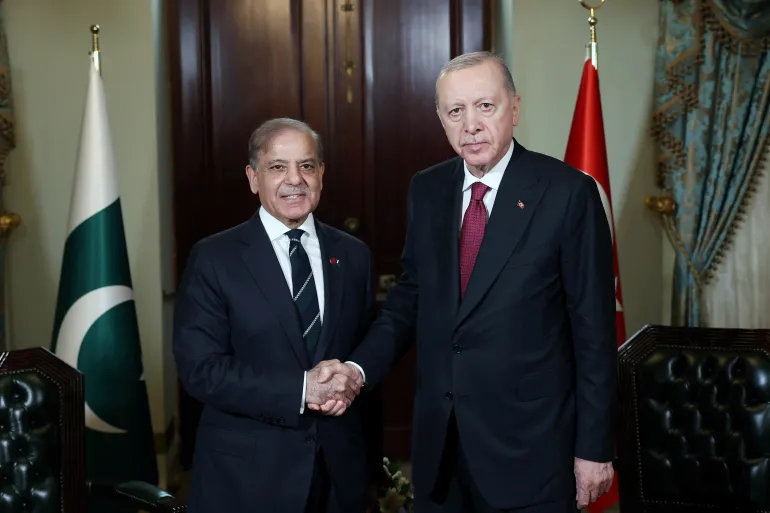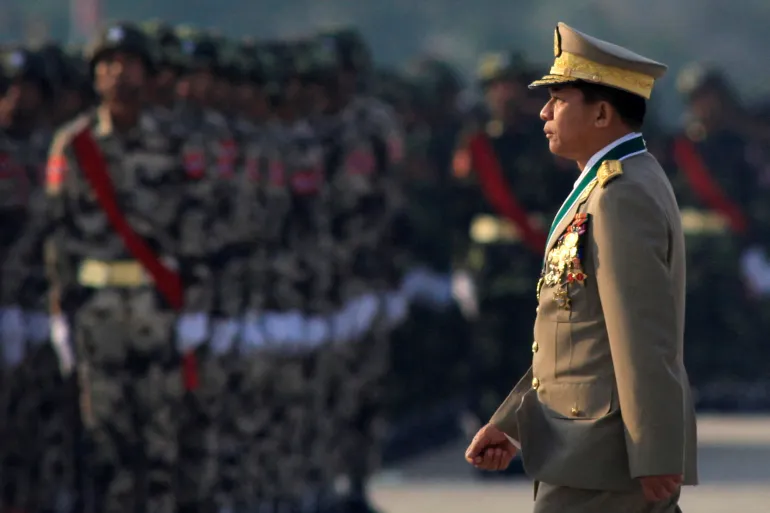Albania is confronting two intertwined challenges: persistent poverty and significant inequities in education for children with intellectual or learning disabilities. While the country’s economy shows promise, ensuring equitable access to education—particularly for disabled children—remains a pressing issue.
Widespread Poverty
Despite Albania’s robust economic rebound, about 20 percent of its population lives below the poverty line of US $6.85 per day (2017 PPP), according to the World Bank. Though this figure is projected to fall by 1.1 percentage points this year, it still represents nearly one-fifth of Albanian households struggling for basic survival .
Educational Disparities
Under Albania’s inclusive education policy, children with disabilities attend mainstream schools alongside their peers. However, there is a glaring lack of tailored educational resources—most notably, specialized textbooks designed for learners with cognitive impairments. This shortage severely hampers their ability to engage with standard curricula and develop foundational skills .
In 2021, a team of experts from Albania and Kosovo collaboratively developed a new textbook aimed at supporting children with intellectual disabilities. Although approved for use in specialized institutions, efforts to introduce it into inclusive schools stalled due to bureaucratic impediments and a lack of consensus among educational authorities .
Impact on Families
The absence of suitable educational materials places a significant burden on families. Many parents resort to costly private tutoring or therapy services outside of school to compensate for the lack of in-class support. This situation exacerbates both financial strain and educational inequality—disadvantaging the most vulnerable children in communities already affected by poverty .
Youth Unemployment
Further complicating the socio-economic landscape is an 18.9 percent youth unemployment rate. Without education and skills, young people—including those with disabilities—face limited opportunities to enter the workforce. This high unemployment rate adds another layer of vulnerability for families already living in poverty .
Policy Gaps and Slow Implementation
Albania has taken initial steps—such as piloting the specialized textbook—but systemic challenges continue to delay full integration. Schools often lack training and supervision to implement inclusive teaching methods. While policies may exist on paper, actual support structures, teacher readiness, and funding allocations remain inadequate. This disconnection between policy and practice perpetuates disparities .
Toward Equitable Education
Solving this dual crisis—poverty and education exclusion—requires coordinated action:
1. Deploy the specialized textbook in inclusive classrooms and invest in teacher training to ensure educators are equipped to use it effectively.
2. Enhance school support services, including in-house therapists, psychologists, and individualized learning plans.
3. Provide financial aid, such as transportation stipends or nutritional assistance, to low-income families with disabled children.
4. Address youth unemployment by incentivizing public and private sectors to welcome young adults with disabilities through vocational training, internships, and job support programs.
5. Strengthen data and monitoring, ensuring national authorities track educational outcomes and poverty impact on children with disabilities.
Why It Matters
Failing to close educational gaps for children with disabilities undermines Albania’s long-term social and economic growth. The World Bank has found that disability and poverty often reinforce each other—children excluded from education remain trapped in poverty, perpetuating a cycle of disadvantage .
Moreover, Albania aspires to EU membership, and equal access to education is a key EU benchmark. Addressing these challenges is therefore both a moral imperative and a strategic necessity for aligning with European standards.
A Path Forward
Piloting an approved specialized textbook signals intent—but without swift action to integrate it into inclusive schools, many children will be left behind. Albania must now shift from planning to execution to ensure every child, regardless of disability or economic background, is afforded the opportunity to learn, grow, and contribute to society.
Source: BalkanEU



